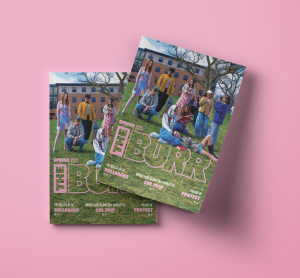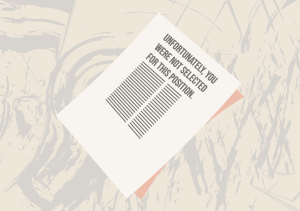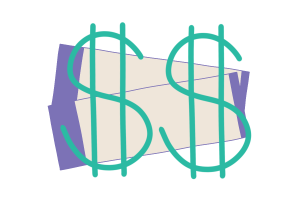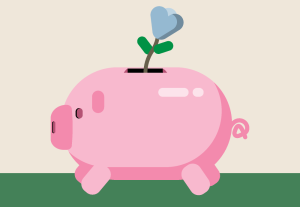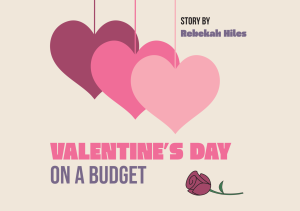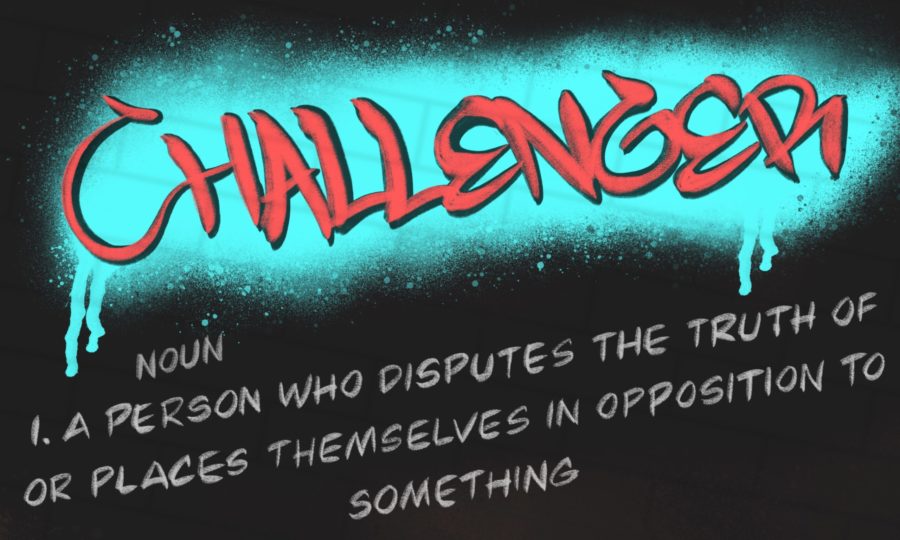Lately, when someone asks me how I’m doing, I answer, “It’s been up and down.”
That’s the perfect description of this semester.
It’s been four months since I moved into my freshman dorm with a girl I barely knew. I was three and half hours north of home, nervous and excited to tackle my first semester at Kent State’s campus.
I’m so grateful for the people I met and the opportunities I had. Now, my roommate is one of my best friends. I’m finishing up classes, I added a minor, and I scheduled for the spring semester. I work in the Student Media office, a job I love.
As you’ve read, I’ve faced so many challenges this semester. I couldn’t have predicted them all, and I was far from prepared. As I near the end, I can finally look back with some much-needed perspective.
One of the definitions of the word “challenger,” relates to a person who joins a contest. For me, that contest has been against me. Another Burr blog, Procrastination, describes this so well. (Thanks, Sam!)
I cycle through phases of productivity and procrastination, all because of my perfectionist tendencies. I know I need to stay motivated, especially for finals week. However, I also need to learn to give myself grace and time to rest.
My freshman orientation class recently covered burnout and self-criticism. My professor talked about the book “Burnout: The Secret to Unlocking the Stress Cycle” by Amelia Nagoski and Emily Nagoski.
The twin sisters with doctorates share their experiences and research about the cycle I mentioned, which they call the “stress cycle.” The Nagowski sisters discuss that stress used to be for more practical and physical reasons with a goal in mind. For example, if you run a race, you can be stressed during the middle of it. At the end, you cool down and complete your stress cycle.
They suggest ways to end the stress cycle: Movement, a 20-second hug or sleep.
My professor also covered self-criticism, something I am very often guilty of. Self-criticism is an important step of growth, but I can criticize myself too much sometimes. She suggested a set of four steps or questions to address these problems:
- What is the criticism?
- Is the criticism valid or invalid? What evidence do you have?
- If the criticism is valid, how can I phrase it with more empathy for myself? If it is invalid, dismiss it.
- Where is this coming from?
Although I just heard these steps for the first time last week, I know they will be useful throughout my future. For those of you who are your own biggest challenger, use these ideas to give yourself grace as you grow.

